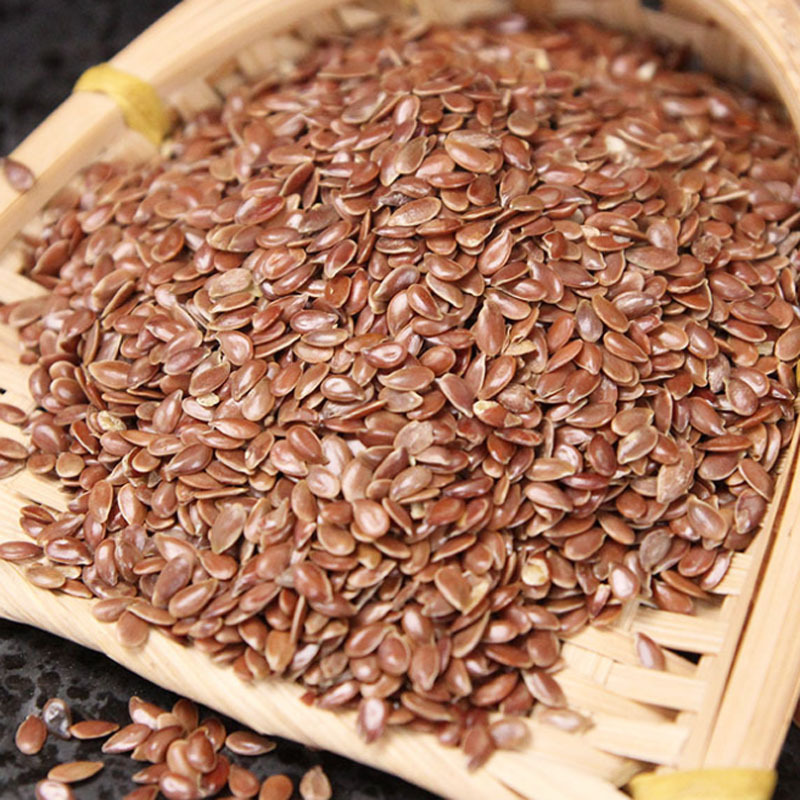Flax seeds, also known as linseeds, are tiny, brown or golden seeds derived from the flax plant (Linum usitatissimum). They are a rich source of essential nutrients and are popular for their potential health benefits. Here's some information about flax seeds:

1.Nutritional Profile: Flax seeds are nutritionally dense and are particularly known for their high content of:
Omega-3 fatty acids (alpha-linolenic acid)
Dietary fiber (both soluble and insoluble)
Lignans (antioxidants)
Protein
Vitamins and minerals, including B vitamins, magnesium, and manganese
2.Health Benefits:
Heart Health: The omega-3 fatty acids in flax seeds may contribute to heart health by reducing inflammation and supporting cardiovascular function.
Digestive Health: The high fiber content in flax seeds can aid digestion and promote bowel regularity.
Lignans and Antioxidants: Lignans in flax seeds have antioxidant properties that may help protect cells from damage.
3.Culinary Uses:
Ground Flax Seeds: Grinding flax seeds enhances their digestibility and makes it easier for the body to absorb their nutrients. Ground flax seeds can be added to cereals, smoothies, yogurt, or used as an egg substitute in baking.
Whole Flax Seeds: Whole flax seeds can be sprinkled on salads, added to granola, or incorporated into bread and other baked goods for added texture.
4.Storage: To maintain their freshness and nutritional value, store flax seeds in a cool, dark place in an airtight container. It's often recommended to refrigerate ground flax seeds.
5.Omega-3 Supplement: Flaxseed oil, derived from flax seeds, is also available as a dietary supplement for those looking to increase their omega-3 fatty acid intake.
6.Caution: While flax seeds offer numerous health benefits, it's essential to consume them in moderation. Excessive intake may lead to digestive issues, and individuals with certain medical conditions should consult with a healthcare professional before incorporating significant amounts into their diet.
Including flax seeds as part of a balanced diet can contribute to overall health and well-being. As with any dietary change, it's advisable to consult with a healthcare professional, especially if you have specific health concerns or conditions.